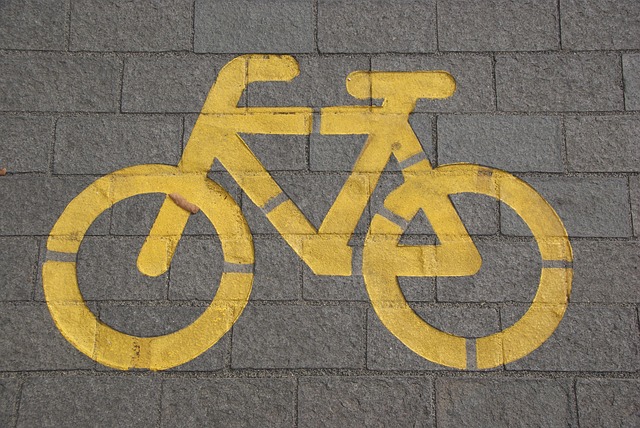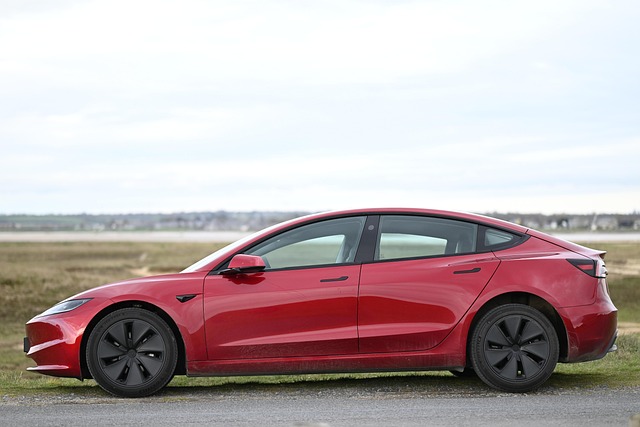Revolutionizing Urban Transportation: The Role of Bicycles
In the bustling streets of our cities, where the chaos of honking cars and overflowing public transport can often make us feel like just another cog in the wheel, bicycles are emerging as a beacon of hope for sustainable urban transportation. The simplicity and efficiency of two wheels are transforming not only how we navigate our urban environments but also bridging the gap between urban life and rural development.
Transport Sustainability: A Path Forward
As cities continue to grow, the challenges associated with urban transportation are becoming increasingly complex. Traffic congestion, air pollution, and reliance on fossil fuels all contribute to a pressing need for sustainable alternatives. Bicycles offer a practical solution. They have a minimal environmental footprint—no emissions, no excessive energy consumption—making them one of the most sustainable modes of transport available today.
Moreover, cycling promotes healthier lifestyles. By encouraging more people to pedal their way through city streets, we are not only reducing our carbon footprints but also cultivating a fitter, more active population. Municipalities worldwide are investing in cycling infrastructure, such as dedicated bike lanes and bike-sharing programs, which aids in fostering a culture of sustainable transport. As more individuals opt for bicycles, cities become less congested, resulting in cleaner air and improved public health.
Rural Development: Bridging Urban-Rural Gaps
Bicycles are not just revamping how we think about urban transportation; they are also playing a significant role in rural development. In many regions, the lack of reliable transportation options severely limits access to education, employment, and essential services. The introduction of bicycles into rural areas offers a viable solution that empowers individuals and communities.
Imagine a farmer in a remote village who can traverse greater distances to reach markets or a student who can easily cycle to school. By promoting cycling in rural regions, we are providing freedom and opportunity directly to those who need it most. This natural integration of bicycles into their daily lives enhances local economies and encourages connectivity between rural and urban areas. More significantly, it fosters a sense of independence, allowing people to break free from the constraints of inadequate transport systems.
A Shared Vision for the Future
Enhancing urban transportation through bicycles and advocating for rural development are not just isolated endeavors; they are intertwined. By developing effective cycling infrastructure in urban centers and supporting cycling initiatives in rural areas, we forge a path towards a balanced, sustainable future. The role of bicycles transcends simple transportation; it embodies a movement towards efficient, inclusive, and eco-friendly living. Embracing this transformation invites us all to envision a world where urban and rural communities can thrive together, connected by the shared push for sustainability.
As we move forward, let us embrace the revolution that bicycles bring to urban transportation. Each pedal stroke not only transports us from point A to point B but also carries us towards a more sustainable and equitable world, linking our cities and countryside in a harmonious dance of progress.




